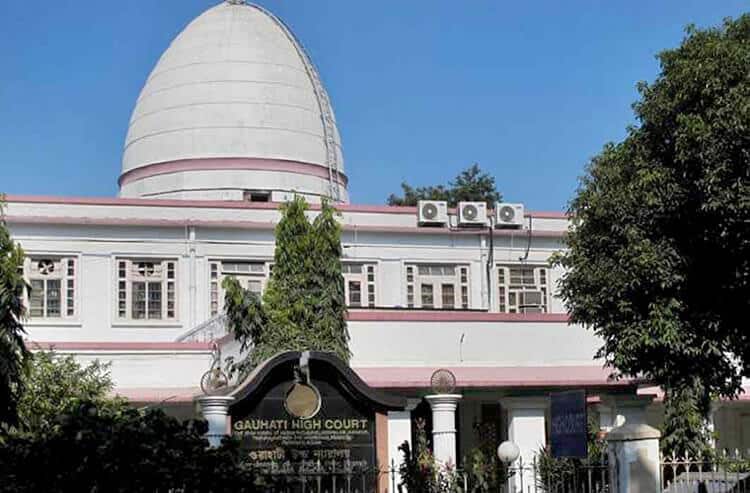The Supreme Court on Monday held that as per the Constitution of India, the parliament is empowered to convert an existing State into one or more Union Territories (UT) by enacting a law to that effect [Haji Abdul Gani Khan v Union of India].
A bench of Justices Sanjay Kishan Kaul and AS Oka made the observation in its judgment which dismissed the petition challenging notifications for the delimitation of assembly constituencies in the Union Territory (UT) of Jammu and Kashmir (J&K).
“On a conjoint reading of Articles 3,4 and 239A, we find that:- a) Parliament by making a law can convert an existing State into one or more Union territories,” said the court.
The bench noted that Article 3 says that parliament may by law form new States and alter areas, boundaries or names of the existing States, and this power extends to UTs.
“Explanation I makes it amply clear that the power of Parliament under Clause (a) of Article 3, to make a law to form a new State or to alter a boundary of a State includes a power to make a law to form a new Union Territory,” the judgment underscored.
Further, the Court highlighted Article 4 (2) which clarifies that no law made by Article 3 would be considered an amendment to the Constitution for the purposes of Article 368.
Thus, even if laws made by parliament, creating a body of legislature for Union territories of Puducherry and J&K has the effect of amending certain parts of the Constitution, it would not be considered an amendment to the Constitution for purposes of Article 368.
The top court also rejected the argument of the petitioners regarding violation of provisions contained in Article 170 (3), while clarifying that it does not deal with the legislatures of UTs at all.
“Articles 239A and 239AA which are included in Part VIII of the Constitution are the Articles that deal with the creation of a body to function as legislature and Council of Ministers for certain Union Territories.”
The Court went on to consider that as per Section 13 of the J&K Reorganisation Act, Article 239A became applicable to the UT and as per Article 239A (2), law contemplated under the provision would not be viewed as an amendment to the Constitution for purposes of Article 368.
With this reasoning, the apex court concluded that the parliament was empowered to create a body of legislature for Union territories of Puducherry and J&K.
“Accordingly, sub-Section (2) of Section 14 of the J&K Reorganisation Act provides that there shall be a Legislative Assembly for the Union Territory of J&K.”
While dismissing the petition, the Court said that it has not ruled upon the validity of the J&K Re-organisation Act, 2019 which is pending before it in a batch of petitions challenging abrogation of Article 370 of the Constitution.
The Court also said that the position of north-eastern States of Assam, Arunachal Pradesh, Manipur and Nagaland with respect to conduct of delimitation exercise cannot be compared to that of the newly-created UT of J&K.
Source Link



